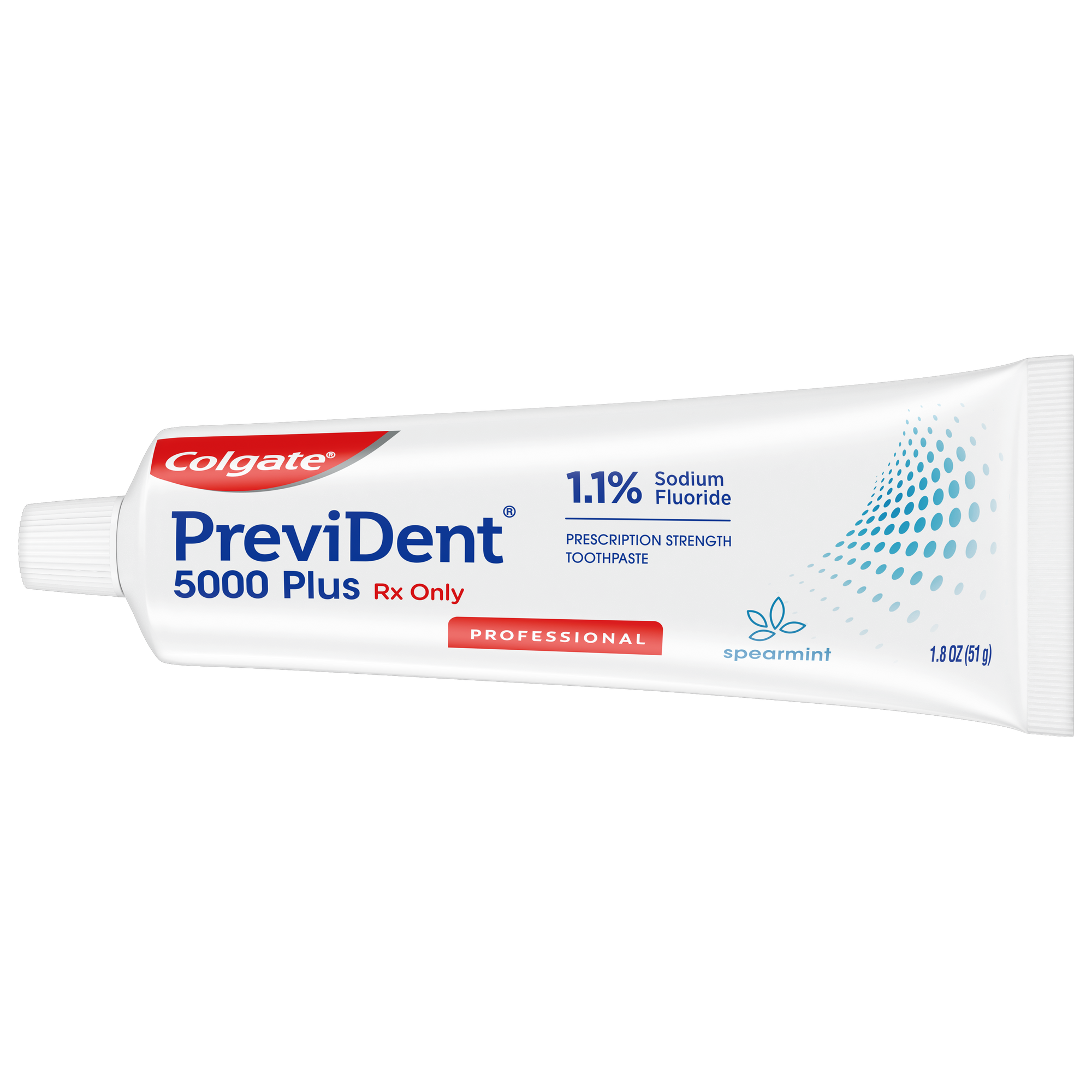-
-

FLUORIDE
What Is Stannous Fluoride Toothpaste?Discover what is Stannous Fluoride Toothpaste and its importance to prevent cavities and other oral health problems.

TEETH WHITENING
Whitening toothpaste - hydrogen peroxide vs. carbamide peroxideIf you lose one or more of your front teeth due to injury or decay, you may feel ...
-
Science & InnovationOral Health Commitment
- Oral Health Commitment
- Bright Smiles, Bright Futures
- Educational Resources
- Mobile Dental Van
- Volunteer
- ORAL HEALTH CHECK
- PRODUCT MATCH
- Oral Health and Dental Care | Colgate®
- Oral Health
- How Do Dry Mouth Lozenges Work?


At some point and time, everyone experiences a case of “dry mouth”. Dehydration and anxiety are common and often, short term causes of dry mouth. While chemotherapy, certain medications, diabetes, autoimmune diseases, and oral infections are associated with more chronic cases. If left untreated, dry mouth can affect your oral health. Thankfully, relief can be found with lozenges. If you or a loved one struggles with dry mouth issues, here are some thoughts on lozenges and other tips that can help.
Lozenges for Dry Mouth
Sucking on lozenges helps stimulate saliva, which is good for your teeth, gums, and general oral health. When choosing a dry mouth lozenge, select a sugar-free product. Xylitol is found in many sugar-free products, stimulates salivary flow, and reduces bacteria that can overgrow a dry mouth. Xylitol also helps to minimize the risk of tooth decay. Sucking on the lozenge works your chewing muscles that also stimulate saliva flow, as does the lozenge flavor. You’ll have to use your chewing muscles to suck on the lozenges. This action can boost saliva flow.
Other Ways to Stimulate Saliva Flow
According to Johns Hopkins Medicine, in addition to lozenges, you can also find additional OTC products (gels, sprays, mints, gum, toothpaste) that contain Xylitol for saliva stimulation. Sucking on sugar-free candies, chewing sugar-free gum, and snacking on carrots or celery may help with dry mouth as well. Drinking more water, sucking on ice chips, and maintaining healthy oral hygiene habits are all good too.
Things to Avoid for Dry Mouth
Here are some things that may increase dry mouth problems:
- Avoid salty, dry, and sugary foods and drinks
- Limit alcohol and caffeine intake
- Quitting smoking
There are many causes of dry mouth. Talk with your dentist or physician to help identify what may be causing your dry mouth. Lozenges and other solutions can help. Make sure to continue oral health appointments with your dental professional.
This article is intended to promote understanding of and knowledge about general oral health topics. It is not intended to be a substitute for professional advice, diagnosis or treatment. Always seek the advice of your dentist or other qualified healthcare provider with any questions you may have regarding a medical condition or treatment.
Related Articles

Dry mouth
The Link Between Hormones and Dry MouthDry mouth may be a result of menopause and can have an effect on your overall health. Find out more about you can deal with hormonal shifts and dry mouth.
.jpeg)
Dry mouth
What Causes Dry Mouth After Surgery?Most cases of dry mouth after surgery are temporary. If the problem lingers, you may need to see a dentist. Check out these symptoms and treatments.

Dry mouth
Dry Mouth Toothpaste 101: What Is It And How Does It Work?Dry mouth toothpaste can stave off discomfort and potential health issues. Find out if dry mouth toothpaste can be the remedy for your dry mouth.

Dry mouth
How To Keep Your Salivary Glands HealthyYour salivary glands, which produce saliva, play a critical role in not just your oral health, but your overall health. Learn how to keep them healthy.
Related Products
Prescription Products

Colgate® PreviDent® Oral Rinse is prescription-strength, with extra fluoride to help decrease cavities for people who have trouble brushing.
Prescription Products

Colgate® PreviDent® Varnish is an in-office treatment for sensitive teeth. Contact your dentist today!
Prescription Products

Colgate® PreviDent® 5000 Booster Plus is a high fluoride prescription strength toothpaste for unsurpassed remineralization. Contact your your dentist today!
Prescription Products

Colgate® PreviDent® 5000 Plus Prescription Toothpaste delivers 4x the fluoride than over-the-counter toothpastes & rinses. Contact your your dentist today!

Helping dental professionals
More professionals across the world trust Colgate. Find resources, products, and information to give your patients a healthier future




